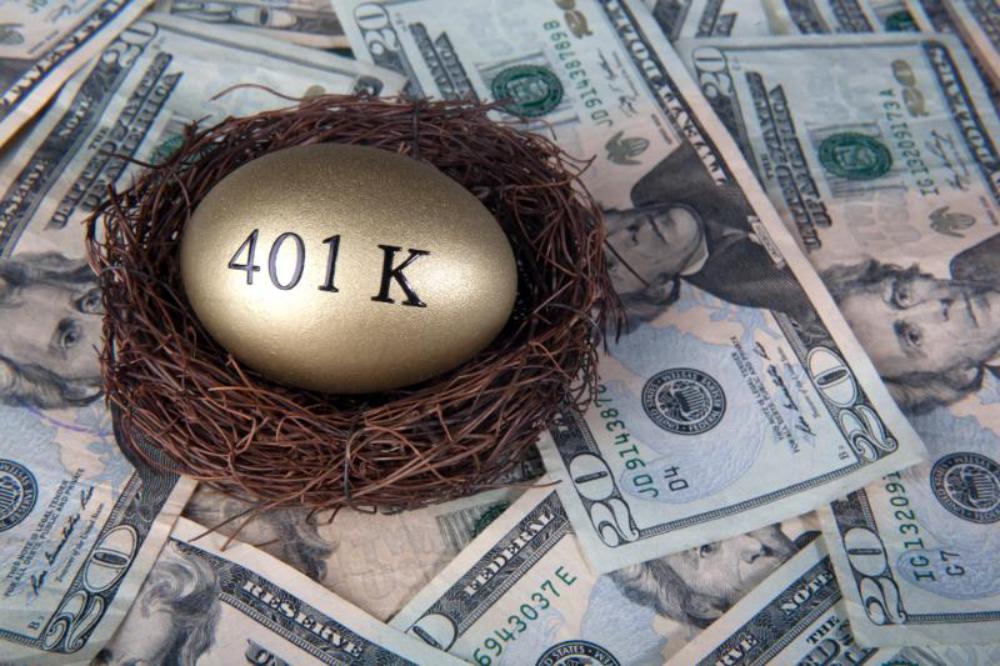Tapping retirement savings can open the door to homeownership, but it also changes the path of long‑term wealth. Here is a clear look at how the rules work, the trade‑offs, and practical ways to keep both goals on track.
The Short Answer
Yes, funds can be used through a 401k loan or a withdrawal to buy a home. A loan avoids income tax and the 10% early withdrawal penalty but must be repaid on schedule. A withdrawal provides cash without repayment, yet it typically triggers income tax and, if under 59½, a 10% penalty. Plan documents control both options, so start by checking employer rules.
401k Loan Basics
A typical limit is the lesser of 50% of the vested balance or $50,000. Repayment often runs up to five years, with payroll deductions and interest paid back into the account. If employment ends before payoff, the remaining balance may be due quickly; unpaid amounts can be treated as a distribution with taxes and a possible penalty. The upside: fast access to funds without a credit check and no hit to a credit score.
Direct Withdrawal Basics
Withdrawing from a traditional 401k is taxable as ordinary income, and if under 59½, an additional 10% penalty usually applies. A Roth 401k withdrawal may avoid income tax on contributions but not necessarily on earnings, and penalties can still apply to earnings if taken early. A withdrawal permanently reduces invested retirement capital and future compounding.
First‑Time Buyer Nuance
The familiar $10,000 first‑time homebuyer penalty exception applies to IRAs, not to 401k accounts. Some buyers roll eligible 401k funds to an IRA, then use the IRA’s $10,000 lifetime penalty‑free allowance for a first home. This maneuver has timing and eligibility steps, so it should be coordinated carefully to avoid withholding and surprises at tax time.
Taxes, Penalties, and Paperwork
- Loan: no income tax or early withdrawal penalty if repaid on time.
- Withdrawal: ordinary income tax on the distribution amount, plus 10% if under 59½, unless an exception applies.
- Employer plans may withhold a portion of withdrawals upfront for taxes.
- Keep documentation ready for lenders, as underwriters often ask for source‑of‑funds proof.
How Using 401k Funds Affects Home Strategy
- A bigger down payment can reduce the monthly mortgage cost and private mortgage insurance.
- Cashing out investments reduces future compounding, which may outweigh mortgage savings over long horizons.
- A 401k loan repayment counts against cash flow; model the combined mortgage plus loan payment to keep a comfortable buffer.
Practical Playbook
- Price the gap: determine the minimal additional funds needed to reach a target down payment tier.
- Compare total cost: weigh after‑tax withdrawal proceeds against loan proceeds and repayment terms.
- Protect compounding: if using a loan, keep contributions on track if possible to avoid missed employer matches.
- Hedge risk: Maintain a cash reserve so a payroll‑deducted loan does not strain monthly finances.
- Explore alternatives: down payment assistance, gifts, seller credits, or waiting to save a bit more can reduce the need to touch retirement funds.
Job Stability Check: Can Repayments Survive a Job Change?
Can you use 401k to buy a home? Yes, through a loan or withdrawal, but each path has clear trade‑offs. If speed matters and employment is stable, a plan loan can be the gentler option. If maximizing long‑term wealth is the priority, consider alternatives before tapping retirement capital, or use the smallest possible amount to reach the next down payment milestone.
Make a Smart Move with NJLux
Buying a home and weighing 401k options? Partner with NJLux, led by top‑producing REALTOR® Joshua M. Baris, for data‑driven pricing, smart financing strategies, and white‑glove guidance across New Jersey. We align timeline, budget, and neighborhood goals, then back it with expert negotiations and clear next steps from pre‑approval to closing.
Explore listings, request a tailored buyer plan, or schedule a quick consultation today. Contact us to start a confident path to homeownership.













